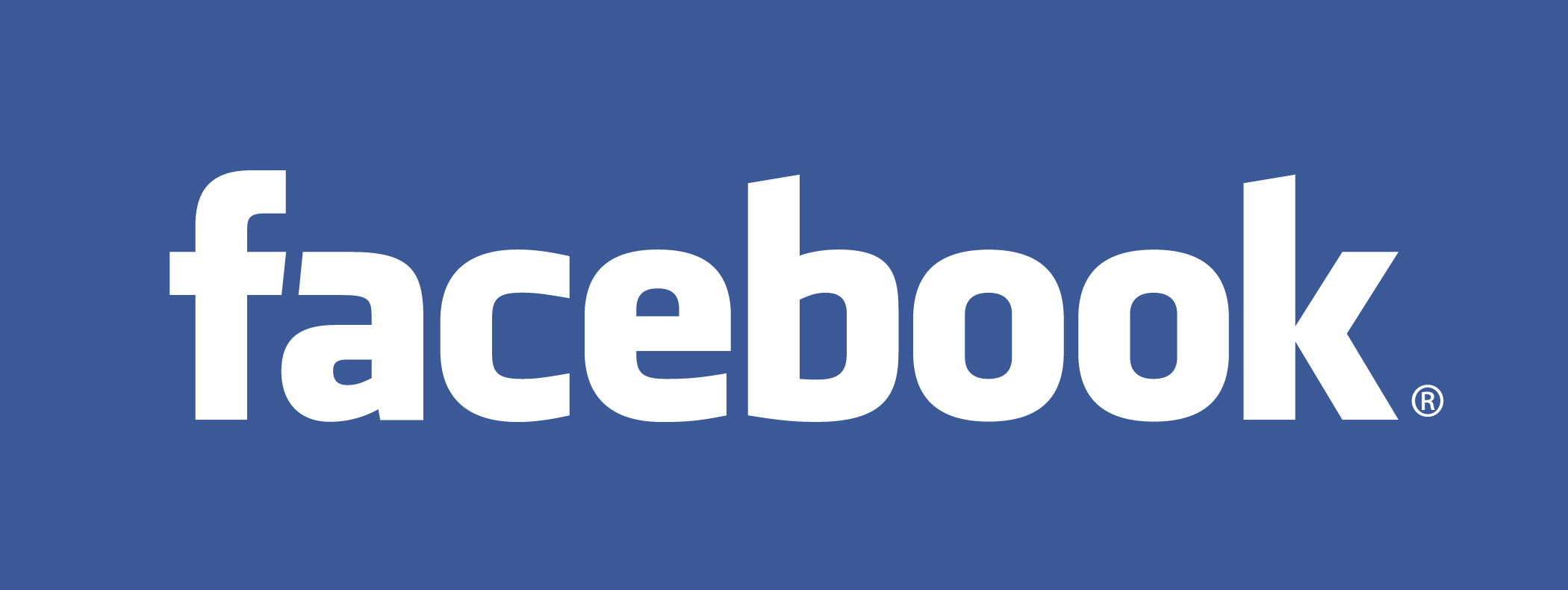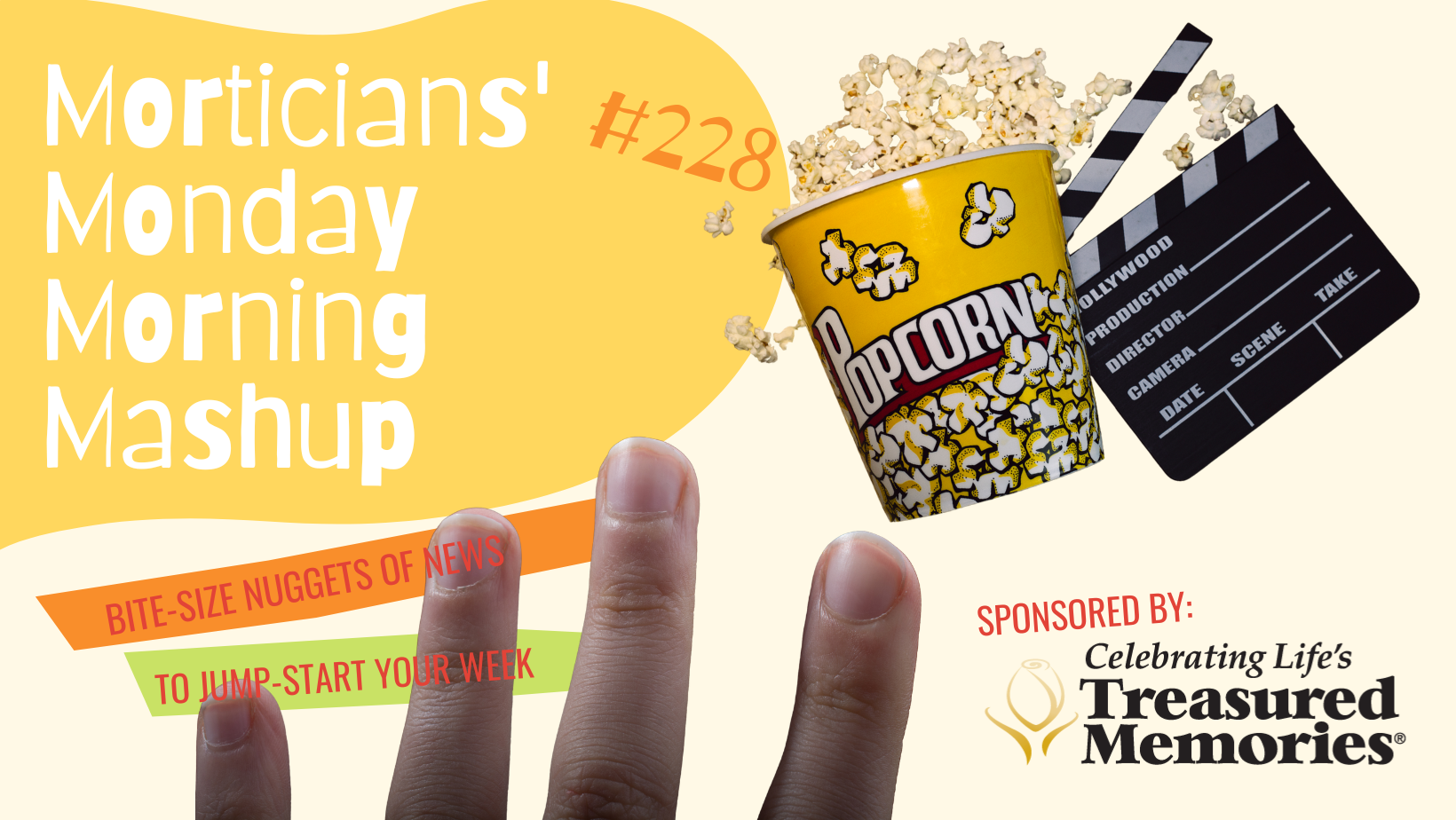How to Market Your Business With Facebook
Business owner, you might want to friend Facebook. A growing number of businesses are making Facebook an indispensible part of hanging out their shingles. Small businesses are using it to find new customers, build online communities of fans and dig into gold mines of demographic information.
?You need to be where your customers are and your prospective customers are,? said Clara Shih, author of ?The Facebook Era? (Pearson Education, 2009). ?And with 300 million people on Facebook, and still growing, that?s increasingly where your audience is for a lot of products and services.?
Start Small
For most businesses, Facebook Pages (distinct from individual profiles and Facebook groups) are the best place to start. Pages allow businesses to collect ?fans? the way celebrities, sports teams, musicians and politicians do. There are now 1.4 million Facebook Pages and they collect more than 10 million fans every day, according to the site.
Businesses can easily create a Web presence with Facebook, even if they don?t have their own Web site (most companies still should maintain a Web site to reach people who don?t use Facebook or whose employers block access to the site). Businesses can claim a vanity address so that their Facebook address reflects the business name, like www.facebook.com/Starbucks. Facebook pages can link to the company?s Web site or direct sales to e-commerce sites like Ticketmaster or Amazon.
Facebook offers an array of tools and networks, and it?s easy to wander down too many paths. Ms. Shih recommends that newcomers start by asking themselves a simple question: What is your basic objective? Is it getting more customers in the door? Building brand awareness? Creating a venue for customer support? Once you have set your goal, you can strategize accordingly.
?You can waste a lot of time on Facebook,? said Ms. Shih, founder of Hearsay Labs, a Facebook marketing software company. ?But if you?re a business, you don?t have any time to waste. Figure out your objectives first, start small and do things that help you accomplish your objectives.?
Ms. Shih suggests that businesses ask friends and family to become fans of their pages so that they display a respectable crowd of supporters when they debut. Pages can grow organically by word of mouth ? the average Facebook user has 130 friends on the site ? or by advertising or promotion.
You can enliven your page with photos, comments and useful information. As you grow more comfortable, you can add videos or business applications. Flaunt your personality. The page of an ice cream parlor should feel different than that of a funeral parlor. ?The pages that are most successful,? said Tim Kendall, the director of monetization at Facebook, ?are the ones that really replicate the personality of the business.?
It?s Not All About Selling
Art Meets Commerce, a New York marketing firm, has struck up a never-ending conversation with fans. The company uses Facebook as a crucial part of its publicity campaigns for theatrical productions. Its Facebook page for the show ?Rock of Ages,? for example, has more than 13,000 fans.
Staff members constantly update the page with new photos, videos and quotes from the cast. They?ve also learned what not to do: Once they posted a video of Paris Hilton plugging the show and got negative feedback from fans who professed to be sick of her.
But it?s not just about marketing ? or, at least, it?s not just about selling. ?You end up moving away from being an Internet marketer and go into almost customer service,? said Jim Glaub, creative director at the agency. ?A lot of times people use Facebook to ask questions: What?s the student rush? How long is the show? Where?s parking? You have to answer.?
Some basic rules: Buy-buy-buy messages won?t fly. The best practitioners make Facebook less about selling and more about interacting. Engage with fans and critics. Listen to what people are saying, good and bad. You may even pick up ideas for how to improve your business. Keep content fresh. Use status updates and newsfeeds to tell fans about specials, events, contests or anything of interest.
These interactions can take a vast amount of time ? the ?Rock of Ages? page has 300 to 600 interactions every week ? but they can also provide a big payoff. Facebook is one of the show?s top sources of new ticket sales.
Last year, Art Meets Commerce introduced a Facebook ad campaign to promote an Off Broadway run of the musical ?Fela!? The campaign aimed at Facebook users with interests like theatrical shows or Afro beat. According to the company, it generated 18 million impressions, more than 5,700 clicks and $40,000 in ticket sales ? all for $4,400 spent on advertising.
?We can advertise all day, but if we don?t give them what they want they will not be a fan anymore,? said Mark Seeley, a marketing associate at Art Meets Commerce. ?Even though we represent the shows as marketers, we don?t want to constantly tell people to buy tickets. You talk to them like you talk to your friends on Facebook.?
Aim at Potential Customers Only
Some guys use Facebook to find single women. Chris Meyer used it to find women who are already engaged.
Mr. Meyer, a wedding photographer in Woodbury, Minn., had had little luck with traditional advertising. A full-page ad in a bridal magazine generated zero leads and a trade show yielded only four bookings, barely covering the cost of his booth. But Facebook proved a digital bonanza.
Mr. Meyer aimed at women ages 22 to 28 who listed their martial status as engaged in the Minneapolis-St. Paul metropolitan area. He estimates that he has spent about $300 on Facebook ads in the last two years and has generated more than $60,000 in business. He says about three-quarters of his clients now come to him through Facebook, either from ads or recommendations from friends.
?I?d be out of business if I didn?t have Facebook,? Mr. Meyer said. ?Especially with this economy, I need to stretch each marketing dollar as much as I possibly can.?
Facebook enables small businesses to engage in targeted marketing that they only could have dreamed about a few years ago. Facebook users fill out profiles with information like hometown, employer, religious beliefs, interests, education and favorite books, movies and TV shows ? all of which can help advertisers deliver messages to specific demographic slices.
As you create an ad, you can add demographic criteria and keywords and see how many Facebook users fall into your target audience and modify it accordingly to get the most bang for your buck. Advertisers can elect to pay per impression or per click, set maximum budgets and schedule the ad to run on specific dates.
Thus a coffee shop in San Francisco can display advertisements only to local people whose profiles or group affiliations suggest they like coffee. According to Mr. Kendall, Facebook?s director of monetization, ads can also aim at people based on social exchanges, like a person who sends a message to a friend, ?let?s get together for coffee? or who posts a status update about just having awakened and needing some java.
?We can help you find customers before they even think about searching for you,? Mr. Kendall said. ?We?re very, very well-positioned to generate demand, based on the fact that we know a tremendous amount about a user.?
The Facebook ad system provides instant feedback with metrics like the number of impressions and clicks-through. This reporting allows Mr. Meyer to improve his advertising; if one ad doesn?t generate enough hits within 24 hours, he pulls it and tries something new.
Give Away Cupcakes!
Charles Nelson has an M.B.A. and is a former investment banker who owns a growing national chain of stores. Yet this 40-year-old entrepreneur checks Facebook with the frequency of a college student. Up to 30 times a day, he logs onto the social networking site via his laptop or Blackberry.
For Mr. Nelson, this is serious business. He and his wife, Candace, own Sprinkles, a cupcake bakery that relies on social media in lieu of traditional advertising. Mr. Nelson considers Facebook marketing essential. ?People are out there talking about your business everyday, whether you?re looking or not,? he said. ?This gives people a place to come and speak directly to us.?
Sprinkles uses Facebook to give customers a whiff of what?s cooking. Every day it posts a password on Facebook that can be redeemed for a free cupcake. Since April, its fan base has risen tenfold to 70,000.
Mr. Nelson and his wife previously worked as investment bankers in the technology sector and were keenly aware that, even for a traditional business like a bakery, social media is a crucial ingredient. His advice: make it relevant to the customer, keep it fresh and remember that the return on investment may come slowly.
?Be patient with it,? Mr. Nelson advised. ?People are not going to flock to your social media site overnight. Technology is about the network effect. It takes time for those connections to build.?
Source: NY Times




